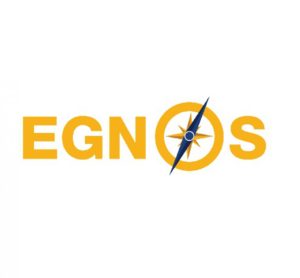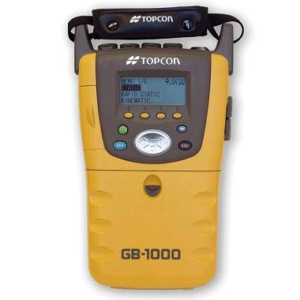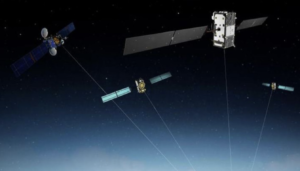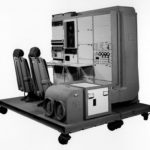Introduction of the first GPS III satellites into EGNOS services was successfully achieved on 27 July 2020, following the initiation by GPS of a transition from its “GPS Block II” satellites to its new generation “GPS Block III” satellites.
The GPS operational constellation started in 2020 to migrate from GPS II satellites to the new generation GPS III satellites. Through cooperation exchanges with the US, the European Commission and the European GNSS Agency (GSA) obtained assurance on the “backward compatibility” of the GPS III satellites with regard to GPS II, and in particular concerning their failure characteristics. Read more…







